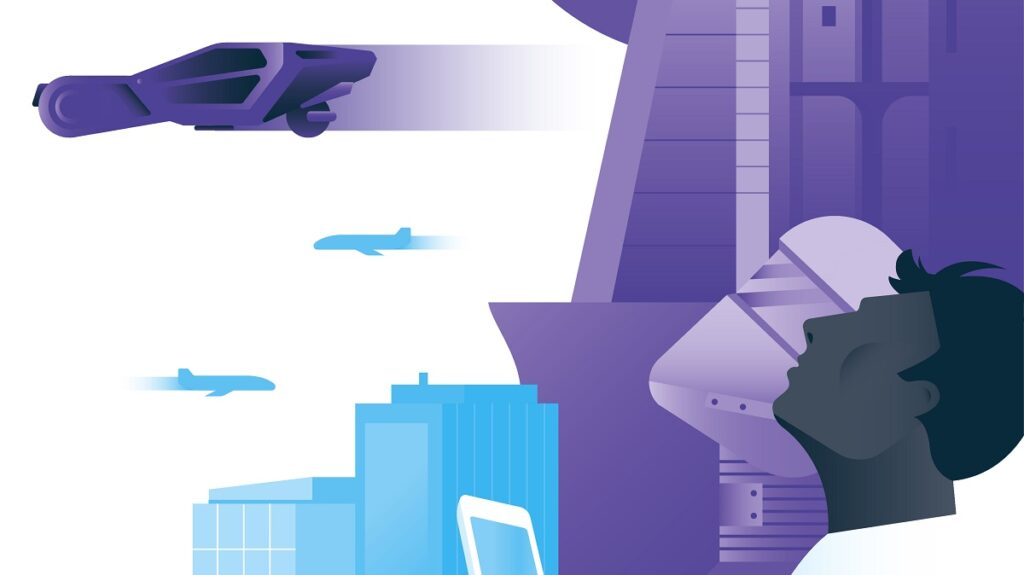GAI in 2023: Balancing Excitement and Responsibility
GAI, or General Artificial Intelligence, is a term that we can finally start discussing in 2023, marking a significant step forward in the field of artificial intelligence, as it has the potential to learn and understand any intellectual task that a human being can perform.
December 2022, as an avid technology enthusiast, I had long been fascinated by the possibilities of AI and the potential for machines to learn and adapt to new situations like humans. When I heard about ChatGPT, a chatbot developed by OpenAI that was fine-tuned using both supervised and reinforcement learning techniques, I was eager to see it in action.

ChatGPT was built on top of OpenAI’s GPT-3 family of large language models and had the potential to learn and understand any intellectual task that a human being can perform. As a language model, ChatGPT could handle a wide range of tasks, from answering general knowledge questions to providing recommendations for movies or music. However, what surprised me most about ChatGPT was its ability to provide articulate and detailed responses across many domains of knowledge. While its performance was not always steady, its potential for development in the realm of GAI was clear.
GAI systems have the potential to revolutionize various industries, including healthcare, finance, transportation, and manufacturing. They can perform complex cognitive functions more efficiently and accurately than humans, leading to increased productivity and efficiency, reduced costs, and improved quality of life. However, the emergence of GAI also poses significant ethical considerations, such as the potential for these systems to become too powerful and pose a threat to humanity. It is crucial that we learn how to develop and work with these systems ethically and responsibly and remain aware of the threat posed by Superintelligent AI (SAI).
As I continued to interact with ChatGPT, I began to imagine the possibilities of GAI and the future scenarios it could create. In healthcare, GAI systems could analyze large amounts of medical data and help diagnose diseases more accurately and quickly. They could also assist in the development of new drugs and treatments, leading to faster advancements in medicine. In transportation, GAI systems could revolutionize self-driving cars and public transportation, leading to safer and more efficient transportation systems. These systems could optimize production lines and reduce waste in manufacturing, leading to more sustainable and environmentally friendly production processes.
However, as exciting as these possibilities are, I couldn’t help but feel a sense of unease. The potential for GAI systems to become too powerful and pose a threat to humanity was a concern. As a society, we must prioritize responsible development, prioritize safety, and ensure that GAI benefits everyone. Only then can we ensure that GAI can help to create a brighter future for all.
In conclusion, the emergence of ChatGPT and GAI is an exciting development for the field of artificial intelligence. As GAI systems continue to develop, they have the potential to revolutionize various industries and create new opportunities for innovation and advancement. However, we must remain vigilant in our approach to GAI development and ensure that it is used ethically and responsibly. By doing so, we can ensure that GAI benefits everyone and helps to create a brighter future for all.
In 2023 and beyond, the era of GAI brings both excitement and concern, but with responsible development and careful consideration, we can ensure that GAI benefits society in a positive and meaningful way.